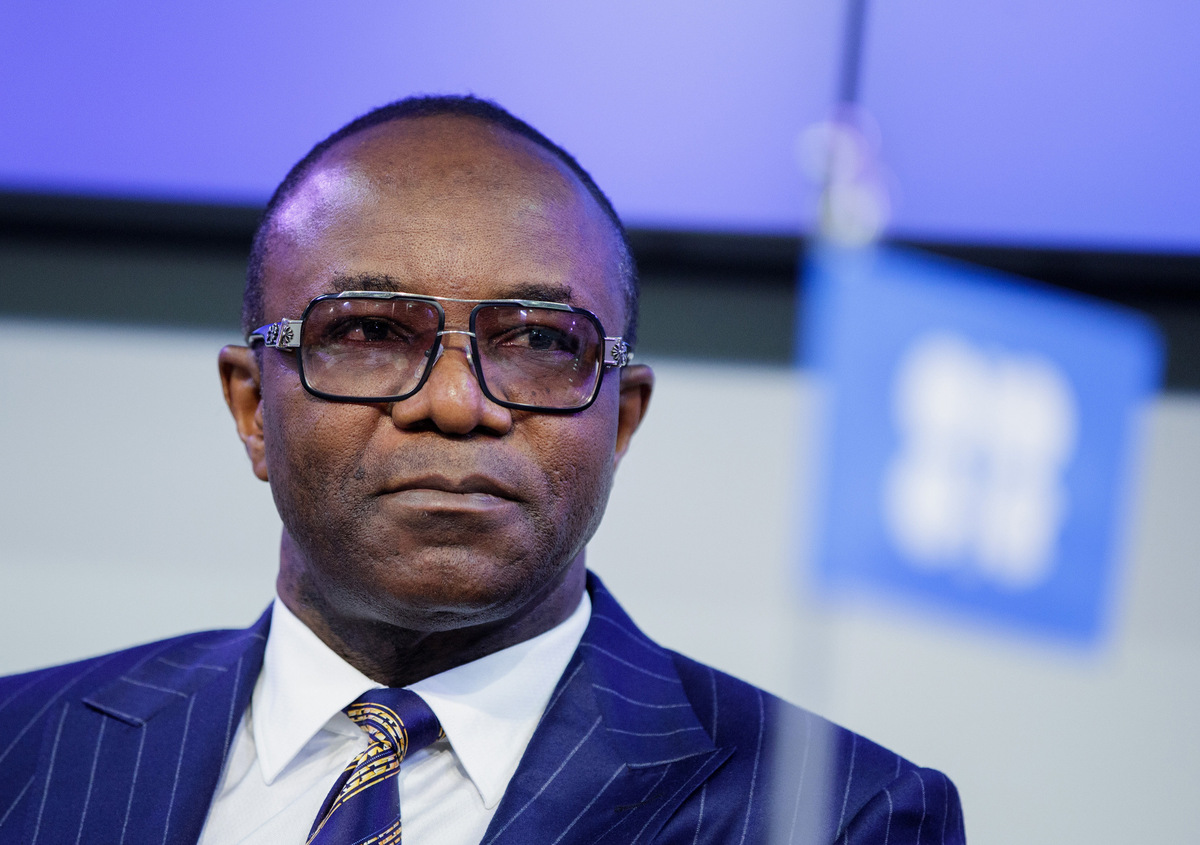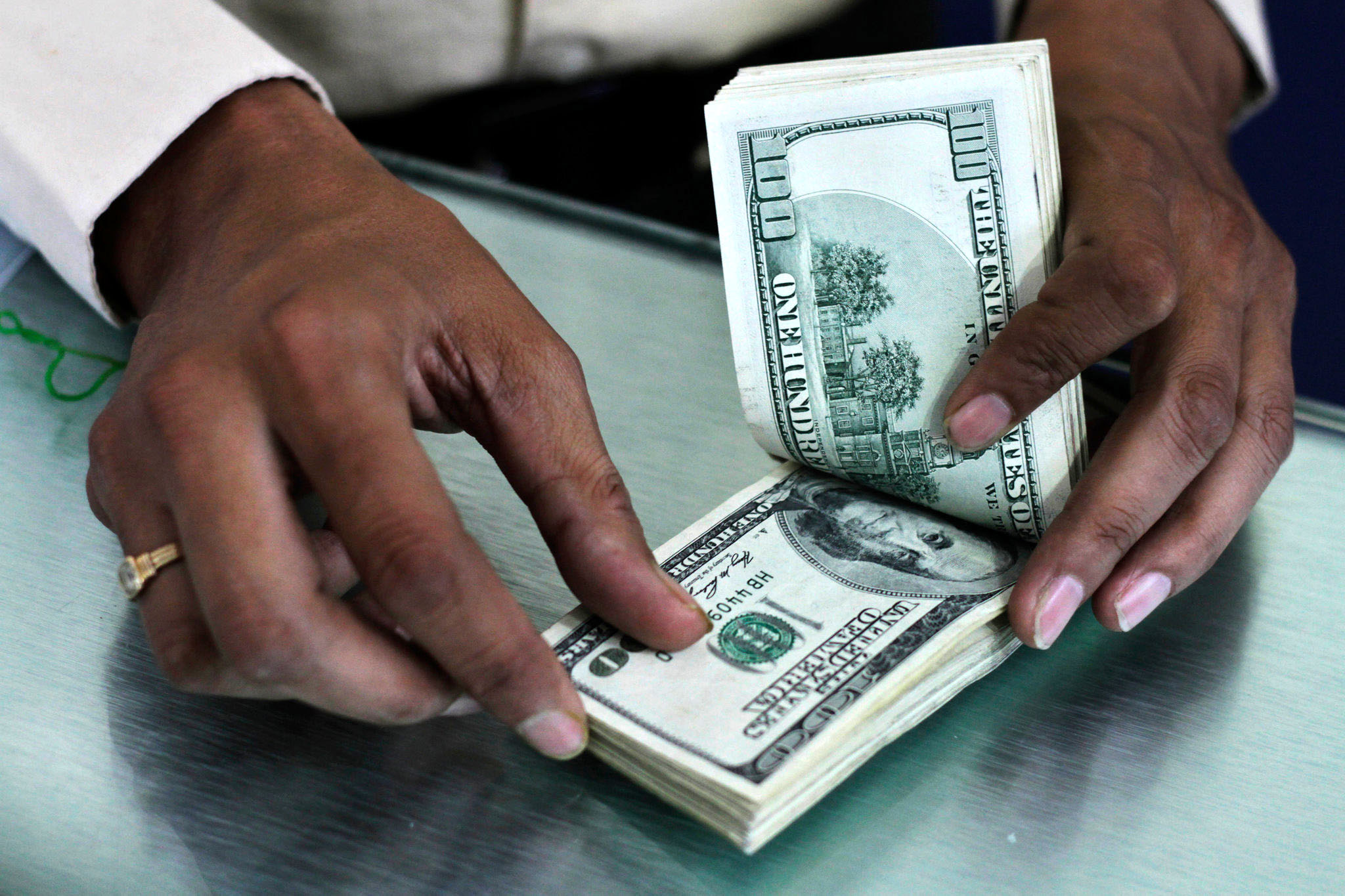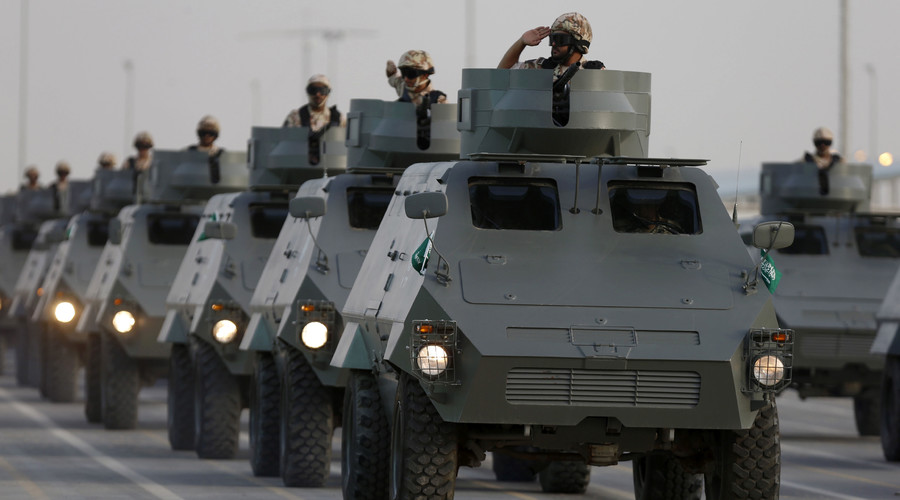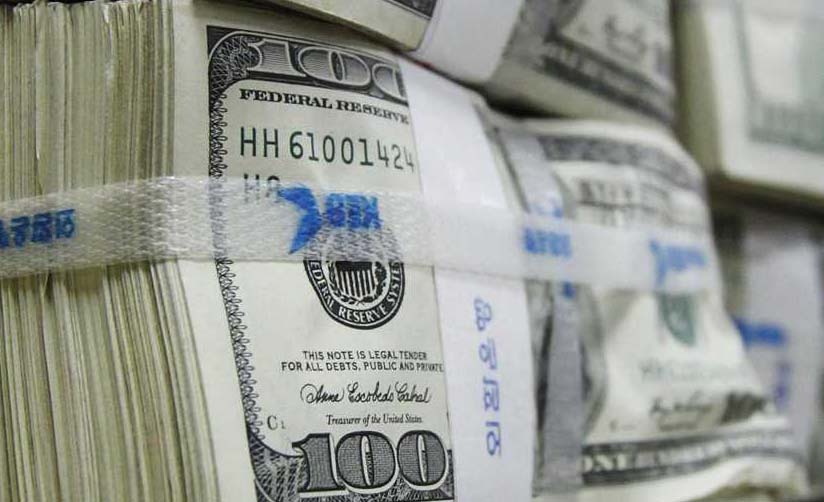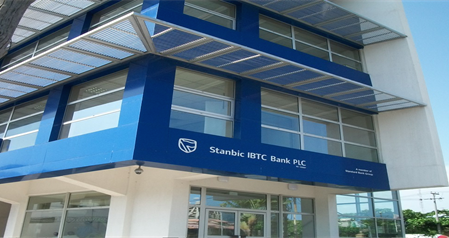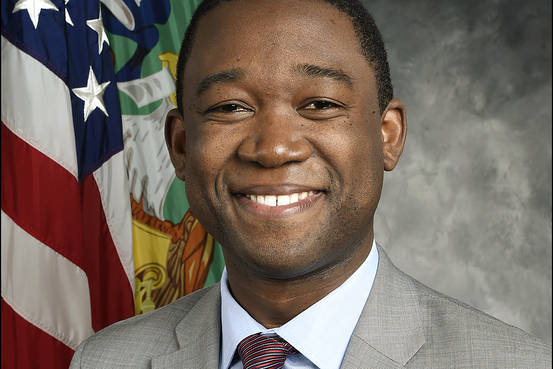Ibe Kachikwu, minister of state for petroleum resources and group managing director of Nigerian National Petroleum Corporation (NNPC), has given the strongest hint yet that the federal government will soon remove fuel subsidy.
He also said federal government paid NNPC and marketers over N1 trillion to subsidise the consumption of fuel in 2015.
He told the senate/house of reps joint committee on the medium term expenditure framework (MTEF) on Monday that the subsidy bill was “on the high side”.
Nigeria has averaged a spend of N1 trillion per year on fuel subsidy in the last five years despite mounting debts and infrastructural deficit.
Advertisement
Kachikwu said: “The total subsidy figure for 2015 when taken along with the NNPC will be in excess of N1 trillion. We can get this specifics but the point is largely that it does not involve NNPC because the agency takes its off-cuff.
“We will work towards taking those figures off our budget in 2016. They are critical issues. The current pricing work we are doing had shown that there shouldn’t really be subsidy. The government doesn’t need to subsidise.
“There is energy around the removal of subsidy. Most Nigerians we talk to today would say that’s where to go. I have since left the dictionary of subsidy by going to price modulation which is a bit more technical.
Advertisement
“Price of refined products today is N87. It was N97 before it was reduced and we really have to go back to that because we don’t really have the finance to remove it.
“There are lots of safety barometer between the N87 and N97per litre regime between which government does not have to fund subsidy. Yet the prices would be fairly close to what it used to be today. That is the first mechanism we are going to work,” he said.
Meanwhile, Kachikwu, who is also the conference president of the Gas Exporting Countries Forum (GCEF), is also now the president of African Petroleum Producers Association (APPA).
Speaking at a media briefing to herald the forthcoming 6th Africa Petroleum Congress and Exhibition (CAPE Vl) billed for Abuja from March 15 to March 17, 2016, Kachikwu said that it was high time APPA members rallied round to forge common positions on critical areas of mutual interest.
Advertisement
He urged the African oil producers to close ranks and bring their influence to bear on the global oil and gas production matrix, to galvanize their stakes especially in OPEC.
“APPA needs to meet more often, strategize more often and speak with one voice,” he said.
The NNPC GMD also called on APPA member countries to resist the temptation of being over competitive among themselves so as not to deplete their strength in OPEC and other global oil and gas organizations.
He said his leadership at all levels would be of great benefit to the country.
Advertisement
“In the first place, it is a home-coming event as Nigeria was a key founding member of APPA and a promoter of the African Petroleum Congress.
“We hope that the event will highlight the nation’s oil and gas potential to a global audience and help showcase Nigeria’s small and medium scale oil and gas companies to other African countries and world at large”.
Advertisement
APPA was founded at the instance of Nigeria at a meeting held in Lagos in January 1987 with eight African countries (Algeria, Angola, Benin, Cameroun, Congo, Gabon, Libya and Nigeria) in attendance.
It was formed to serve as a cooperative framework for the promotion of common initiatives and projects related to management policies and strategies in all areas of the petroleum industry of the oil producing countries in Africa.
Advertisement
Its key objectives include: Promotion of cooperation among member countries in hydrocarbon exploration, production, refining, petro-chemicals, manpower development, acquisition and adaptation of technology and legal matters; promotion of technical assistance among member countries in the areas in which individual members have acquired valuable experience among others.
APPA membership has since grown from the initial eight to 18 countries.
Advertisement
The other members are: Chad, Cote d’Ivoire, democratic Republic of Congo, Egypt, Equatorial Guinea, Ghana, Mauritania, Niger, South Africa, and Sudan.
Add a comment

